
Potential homebuyers look at a property model during an expo in Weifang, Shandong province. (PHOTO by WANG BIN/FOR CHINA DAILY)
Led by month-on-month growth in first-tier cities, average home prices in the nation's 70 major cities saw a general recovery in January, and industry experts expect the market's upward performance will build up confidence among potential homebuyers and lead to further market stabilization in the coming months.
In January, 36 of the 70 cities reported month-on-month growth in new home prices, 21 more than a month ago. In terms of year-on-year growth, first-tier cities reported growth against a drop seen in second and third-tier cities, said Sheng Guoqing, chief statistician with the National Bureau of Statistics' urban division.
The number of cities reporting year-on-year price increases rose to 15, one less from that of the previous month, the National Bureau of Statistics said on Thursday.
"This is the first time since September 2021 that cities have reported price increases outnumbering price declines in new home sales, which enhances market estimates for positive growth next month," said Chen Xiao, a senior analyst with Zhuge Real Estate Data Research Center.
Chen said an initial recovery of the property market is likely approaching, first to emerge in first-tier and key second-tier cities before spreading to urban areas as the housing market continues to warm up.
The four top-tier cities — Beijing, Shanghai and Guangdong province's Shenzhen and Guangzhou — registered a 2.1 percent annual growth last month for new home prices, and a 0.2 percent rise from December, according to the NBS.
The 31 second-tier cities tracked by NBS reported a growth of 0.1 percent month-on-month on average in new home prices in January, but a decrease of 1.1 percent from a year ago.
For 35 third-tier cities, January new home prices slipped 0.1 percent month-on-month and 3.8 percent annually.
Li Yujia, chief researcher at the Guangdong Planning Institute's residential policy research center, said market recovery appeared much stronger in cities within the Yangtze River Delta region, contrasting with urban areas in Northeast China and inland regions.
"Cities including Beijing, Shanghai, Hangzhou of Zhejiang province, Chengdu of Sichuan province and Changsha of Hunan province, took the lead in terms of year-on-year new home price growth, and their performance is supported by these cities' large populations and strong demand fundamentals," Li said.
Yan Yuejin, director of the Shanghai-based E-house China Research and Development Institution, said the positive home price growth will further extend to more cities in the first half as confidence in stable home prices accumulates.
The pre-owned home market also staged a market rebound as 13 cities witnessed their existing home prices rise month-on-month in January, six more than the previous month. And six cities recorded a growth in prices year-on-year, the same as a month earlier.
The four first-tier cities reported home prices in the secondary market rose 0.4 percent from the previous month. Compared to a year ago, these benchmark cities' pre-owned home prices grew 0.9 percent.
In the 31 second-tier cities, used home prices declined 0.3 percent from a month ago, and fell 3.3 percent year-on-year. The 35 third-tier cities saw their existing home prices lose 0.4 percent from the previous month, while their year-on-year figure dropped 4.7 percent.
"The sales data in February in many cities show that stable housing prices are on a solid footing, especially as China's response to COVID-19 enters a new phase," said Yan. He added that the return of market confidence will also help speed up home price stabilization.












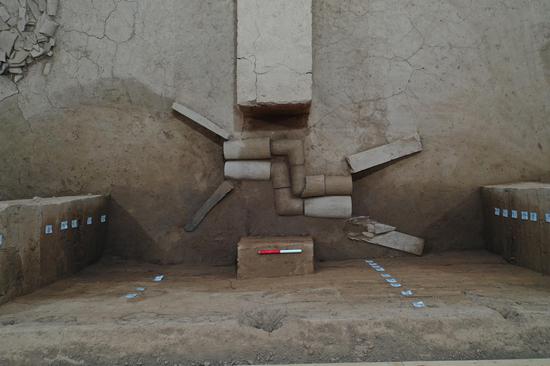
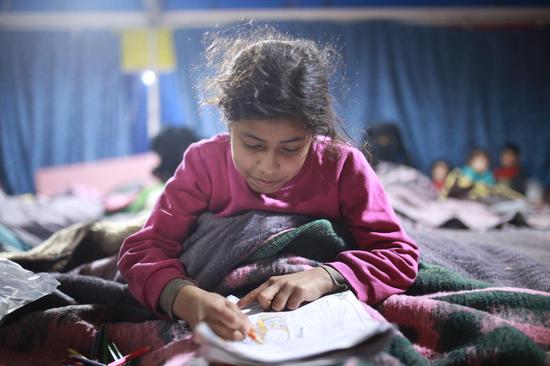
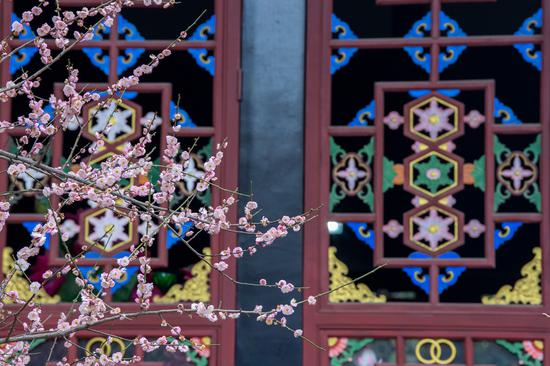

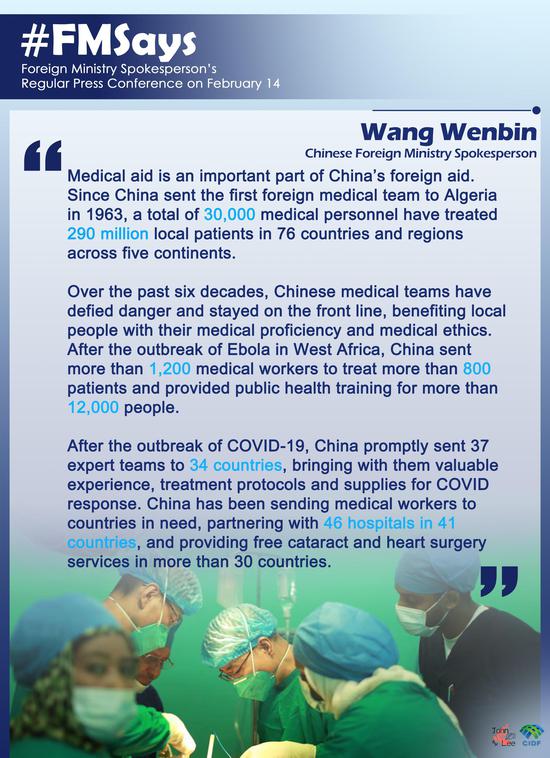








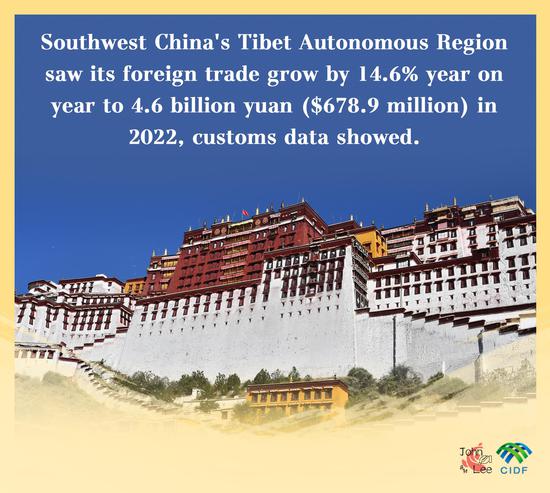
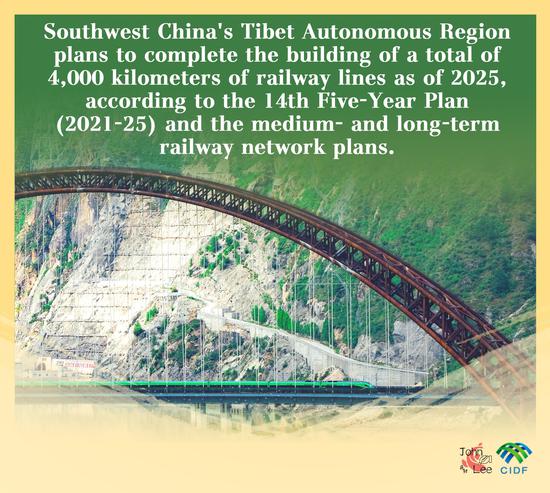

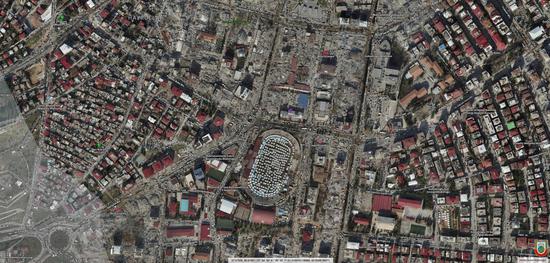



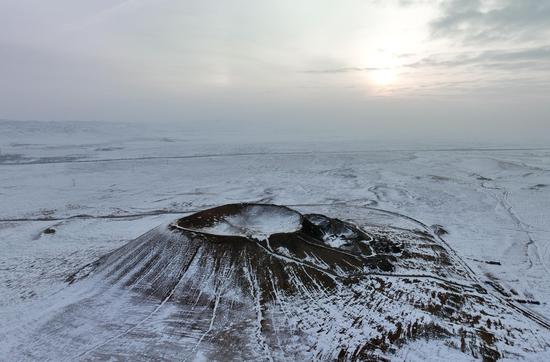

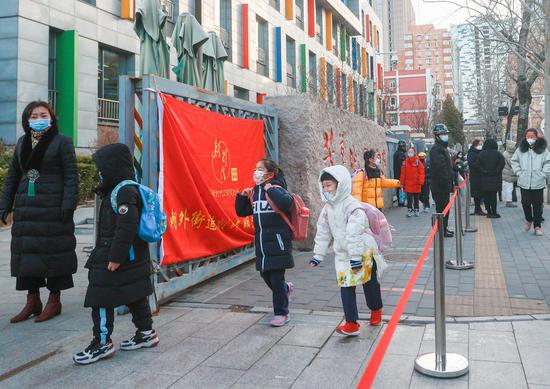
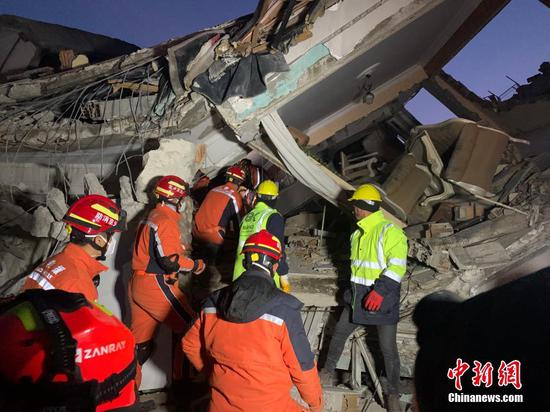


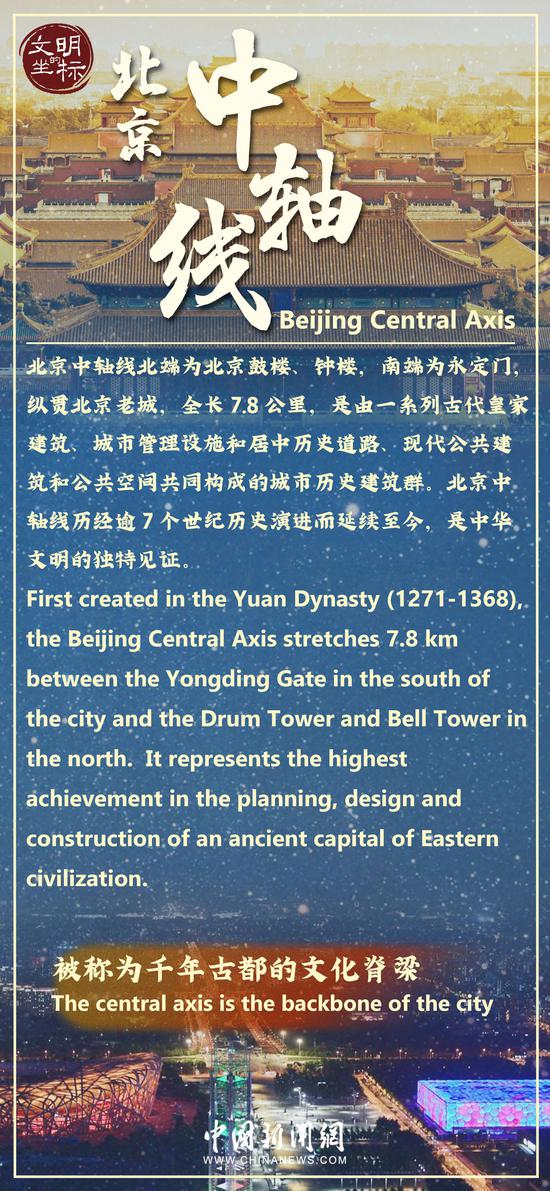

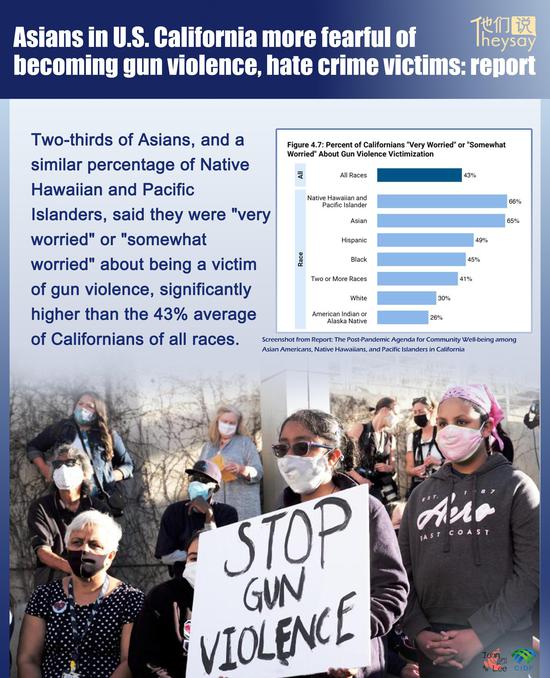



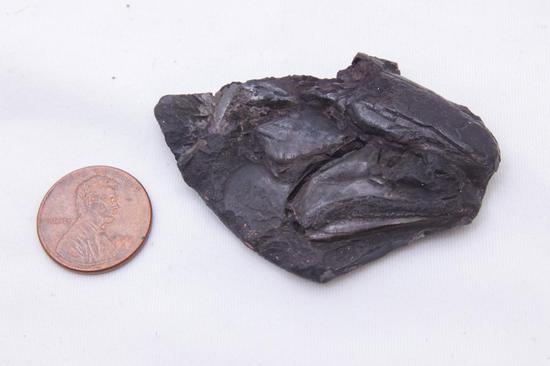





 京公网安备 11010202009201号
京公网安备 11010202009201号